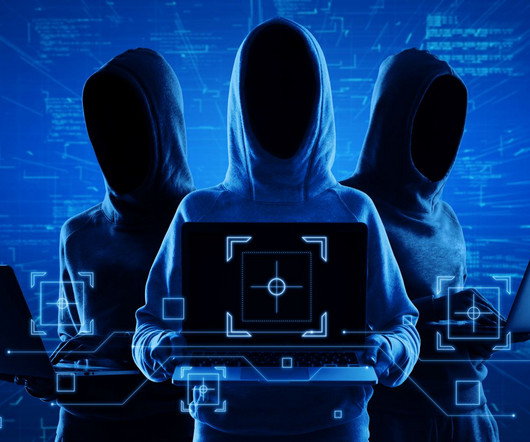A Light at the End of Liberty Reserve’s Demise?
Krebs on Security
FEBRUARY 14, 2020
In May 2013, the U.S. Federal officials charged that Liberty Reserve facilitated a “broad range of criminal activity, including credit card fraud, identity theft, investment fraud, computer hacking, child pornography, and narcotics trafficking.” Internal Revenue service finally got in touch to discuss my claim.










Let's personalize your content